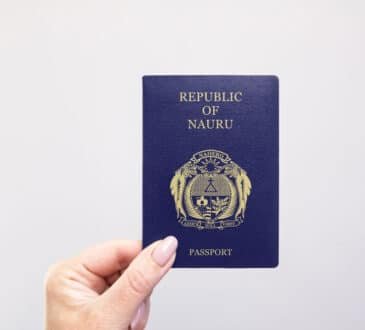Dubai’s New Ownership Laws: What 100% Foreign Control Really Means for Global Investors

For decades, Dubai has stood apart as a magnet for capital — a city where wealth, innovation, and ambition converge. Its strategic location, tax advantages, and unparalleled infrastructure have made it indispensable to investors seeking both regional access and global scale. Yet one question has always hovered over boardrooms and family offices:
Can a foreigner truly own a company outright in Dubai?
Today, the answer is yes — with far-reaching implications for the global elite.
From Restriction to Liberation
Until recently, foreign investors on the mainland were required to share majority ownership with a local Emirati partner, effectively capping their control at 49%. Only free zones offered full ownership, albeit with restrictions on trading directly inside the UAE.
In mid-2021, the UAE rewrote the rules. Amendments to the Commercial Companies Law abolished the mandatory 51% local sponsor requirement for most sectors. This reform was more than regulatory housekeeping — it was a bold signal: Dubai intends to cement its status as one of the world’s most investor-friendly jurisdictions.
Where Full Ownership Is Now Possible
Today, international investors can hold 100% equity in most commercial and industrial sectors on the mainland — from technology and e-commerce to manufacturing, consultancy, and professional services.
Some activities remain strategically safeguarded — such as energy, defense, and certain areas of banking — but for the vast majority of industries, foreign shareholders may now operate without a local partner.
Free zones, meanwhile, continue to guarantee complete ownership across all activities, with specialist hubs for finance, media, healthcare, logistics, and technology.
Why It Matters to HNWIs and Global Executives
For ultra-high-net-worth individuals and global CEOs, this reform unlocks a level of sovereignty and agility in Dubai that was previously reserved for free-zone structures.
- Mainland Companies now allow full control with the added benefit of unlimited access to the domestic UAE market — including government contracts, retail operations, and unrestricted hiring.
- Free Zone Companies remain highly attractive for international holding structures, portfolio vehicles, and global trading hubs, particularly where proximity to Dubai’s infrastructure is advantageous.
In both cases, the flexibility empowers investors to align ownership structures directly with family office strategies, succession planning, and cross-border tax considerations.
Strategic Pathways for Global Capital
Setting up in Dubai is no longer simply about “market entry.” It is about positioning wealth in a jurisdiction designed for global mobility. For HNWIs and corporate leaders, full ownership opens doors to:
- Asset Protection – Holding companies in Dubai with 100% control provide a robust base for regional and global investments.
- Wealth Diversification – Investors gain exposure to emerging markets while anchored in a stable, tax-efficient jurisdiction.
- Generational Planning – Ownership structures can be tailored to family trusts, succession plans, and multi-jurisdictional strategies.
- Operational Control – No dilution of decision-making through mandatory local partnerships.
Dubai’s elimination of the 51% local partner rule is not just a regulatory change — it is a strategic invitation. It tells the world’s wealthiest individuals, most ambitious entrepreneurs, and most influential boardrooms that they can now enjoy full control, global connectivity, and prestige positioning in one of the world’s most dynamic economies.
For investors accustomed to Forbes-list jurisdictions and family offices weighing their next strategic base, Dubai’s message is clear:
The era of compromise is over. The era of 100% ownership has begun.
Have you read?
The Citizenship by Investment (CBI) Index evaluates the performance of the 11 nations currently offering operational Citizenship By Investment (CBI) programs: St Kitts and Nevis (Saint Kitts and Nevis), Dominica, Grenada, Saint Lucia (St. Lucia), Antigua & Barbuda, Nauru, Vanuatu, Türkiye (Turkey), São Tomé and Príncipe, Jordan, and Egypt.
Copyright 2025 The CEO Policy Institute. All rights reserved. This material (and any extract from it) must not be copied, redistributed, or placed on any website without CEO Policy Institute's prior written consent. For media queries, please contact: info@ceopolicy.com







